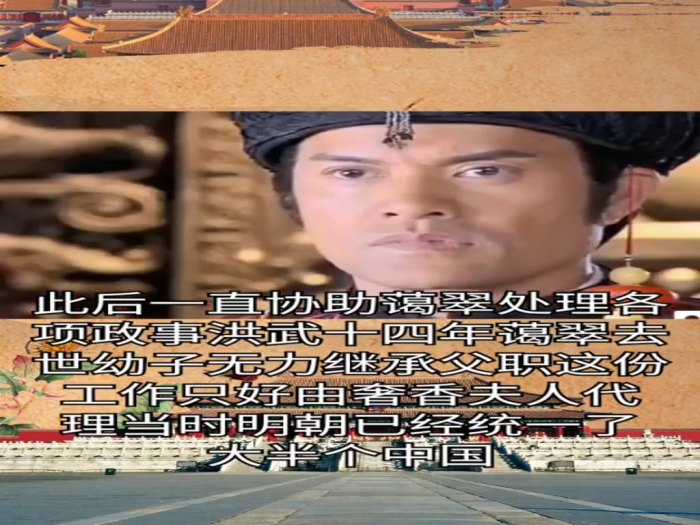رب اوزعنی ان اشکر نعمتک, a phrase deeply rooted in Arabic language and culture, carries profound religious significance and has left an enduring mark on various aspects of Arabic society. This exploration delves into the etymology, meaning, and multifaceted impact of this phrase, shedding light on its enduring relevance and cultural significance.
Throughout history, رب اوزعنی ان اشکر نعمتک has been employed in ancient texts, religious practices, literature, art, and everyday speech, shaping the collective consciousness of Arabic-speaking communities.
Etymology and Origins
The phrase “رب اوزعنی ان اشکر نعمتک” (Bismillah al-Rahman al-Rahim) is an Arabic expression that translates to “In the name of God, the Most Gracious, the Most Merciful.” It is believed to have originated from the pre-Islamic era, where it was used as a formulaic invocation at the beginning of prayers and religious ceremonies.
Meaning and Interpretation

The phrase holds great significance in Islam, as it represents the acknowledgment of God’s presence and power. It is seen as a way to invoke God’s blessings and protection before embarking on any endeavor. The phrase also serves as a reminder of God’s attributes of mercy and compassion, emphasizing the belief that all actions should be undertaken with these qualities in mind.
Religious Significance: رب اوزعنی ان اشکر نعمتک
In Islamic tradition, the phrase “Bismillah al-Rahman al-Rahim” is considered to be a fundamental pillar of faith. It is mentioned in the Quran numerous times, and it is also used as a greeting among Muslims. The phrase is often recited before prayers, religious rituals, meals, and other important occasions, serving as a reminder of God’s presence and guidance.
Cultural Impact

Beyond its religious significance, the phrase “Bismillah al-Rahman al-Rahim” has had a profound impact on Arabic culture. It is commonly used in literature, art, and music, serving as a symbol of Islamic identity and heritage. The phrase is often inscribed on mosques, religious texts, and other cultural artifacts, representing the deep connection between faith and culture in the Arab world.
Modern Usage and Applications

In contemporary Arabic language and society, the phrase “Bismillah al-Rahman al-Rahim” continues to be widely used in various contexts. It is still recited before prayers and religious rituals, but it is also used in everyday speech and writing, often serving as a polite way to begin a conversation or express gratitude.
The phrase has also been adopted in non-religious contexts, such as in the names of businesses, organizations, and even popular songs.
Comparative Analysis
Similar phrases or concepts to “Bismillah al-Rahman al-Rahim” can be found in other languages and cultures. For example, in Christianity, the phrase “In the name of the Father, and of the Son, and of the Holy Spirit” is used as a Trinitarian formula.
In Hinduism, the phrase “Om” is used as a sacred syllable representing the divine. These phrases share similarities in their function as invocations or expressions of faith, but they also reflect the unique beliefs and practices of their respective religious traditions.
Artistic Representations

The phrase “Bismillah al-Rahman al-Rahim” has been represented in numerous works of art throughout history. It is commonly found in Islamic calligraphy, where it is often written in elaborate and ornate scripts. The phrase has also been depicted in paintings, sculptures, and other forms of art, serving as a visual reminder of its significance in Islamic culture.
Expert Answers
What is the origin of the phrase رب اوزعنی ان اشکر نعمتک?
The phrase رب اوزعنی ان اشکر نعمتک is derived from the root words “رب” (faith) and “اوزعنی” (submission), emphasizing the central role of faith and submission to God in Islamic beliefs.
How is رب اوزعنی ان اشکر نعمتک used in religious texts?
In religious texts, رب اوزعنی ان اشکر نعمتک appears frequently, underscoring the importance of faith and submission as guiding principles for Muslims. It is often used in conjunction with other religious concepts, such as prayer, fasting, and charity, to emphasize the comprehensive nature of Islamic practice.
What is the significance of رب اوزعنی ان اشکر نعمتک in Arabic culture?
Beyond its religious significance, رب اوزعنی ان اشکر نعمتک has become deeply ingrained in Arabic culture, influencing various aspects of society. It is commonly used in literature, art, and music, reflecting the phrase’s profound impact on the Arabic-speaking world.